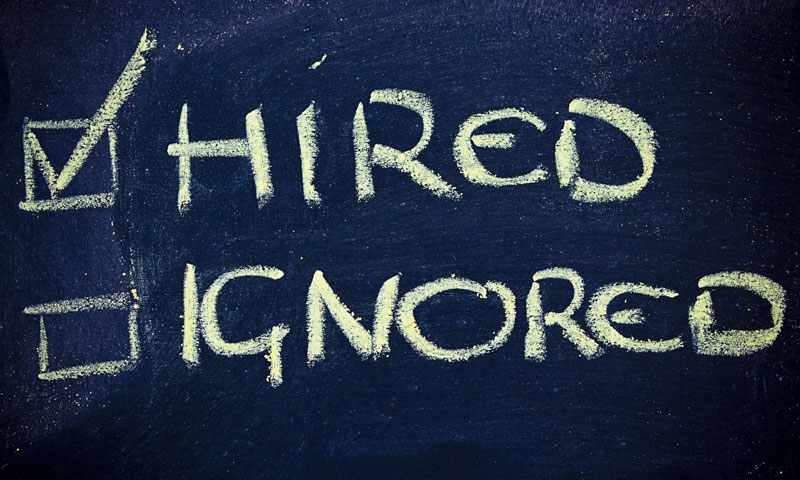
Federal appeals court judges are slated to revisit the contentious issue of restrictions on former President Donald Trump’s public commentary regarding his election conspiracy case. The gag order, imposed by U.S. District Judge Tanya Chutkan, has been challenged by Trump’s legal team as an infringement on his constitutional rights. Meanwhile, prosecutors argue that the order is essential to prevent threats and harassment against those involved in the case.
Chutkan’s Gag Order: A Controversial Move
Background
On October 16, Judge Chutkan issued a gag order prohibiting Trump from commenting on court staff, prosecutors, or potential witnesses. Trump’s legal team has labeled the order a “heckler’s veto,” claiming it aims to stifle him during his presidential campaign.
Appeal and Panel
The D.C. Circuit Court of Appeals temporarily lifted Chutkan’s restrictions and is set to hear arguments on the matter. The three-judge panel, consisting of Judges Patricia Ann Millett, Cornelia Pillard, and Bradley Garcia, will determine the fate of this gag order. Barack Obama appointed Millett and Pillard, while Joe Biden appointed Garcia.
Want to know if you’re earning what you deserve? Find out with LawCrossing’s salary surveys.
Charges Against Trump
Overview
Trump faces four charges in the federal case, including conspiracy to defraud the United States and obstructing the certification of the 2020 election. Despite not being directly charged with inciting the January 6th insurrection, prosecutors assert his responsibility for the events.
Prosecutors’ Concerns
The prosecution contends that Trump’s public comments, particularly on social media, pose a risk of harassment and intimidation. They cite a post-indictment social media message where Trump warned, “IF YOU GO AFTER ME, I’M COMING AFTER YOU!” Prosecutors argue that such statements and derogatory remarks about prosecutors and the presiding judge necessitate the gag order.
Chutkan’s Stipulations and Trump’s Opposition
Chutkan’s Orders
Judge Chutkan allowed Trump to criticize the Justice Department and political rivals but prohibited comments on court staff, prosecutors, and potential witnesses. However, Trump aims to address his extensive social media following on these specific subjects, arguing that the gag order impedes his political speech.
Trump’s Argument
In response, Trump’s lawyers contend that the gag order infringes on his First Amendment rights. They assert that it amounts to a “heckler’s veto” against criticism of public figures during a crucial time—his presidential campaign.
Trump’s Campaign Statement
Trump’s campaign issued a statement asserting that the gag order permits an unelected judge to censor a leading presidential candidate. They claim no court has upheld such a gag order on political speech during a campaign and argue for its swift reversal.
Prosecutors’ Plea to Uphold Gag Order
Prosecutors insist that upholding the gag order is crucial to preventing a potential “smear campaign” by Trump against court officials and witnesses. They argue that Trump does not have the right to vilify and incite violence against public servants, emphasizing the need to protect government staff and witnesses from harassment.
In this legal tug-of-war, the appeals court faces the delicate task of balancing First Amendment rights with the imperative of ensuring a fair trial. The outcome of this hearing may significantly impact the trajectory of Trump’s first criminal trial, scheduled to commence on March 4, amid a flurry of legal challenges.
Don’t be a silent ninja! Let us know your thoughts in the comment section below.




































